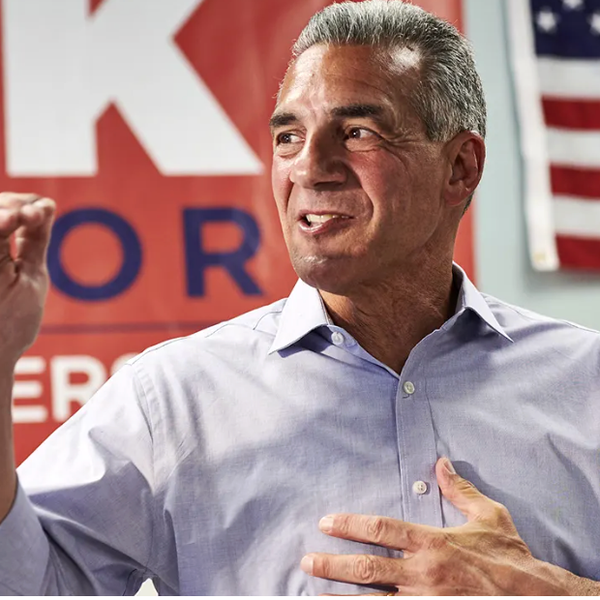
The last leg on the road to jihad began with a day of ditching school.
Instead of heading to the mall as many truants would, three teenage girls from the suburbs of Denver boarded a flight to Germany. They took their passports and $2,000 in cash swiped from parents. The only clues they left about their whereabouts was a trail of tweets asking friends to pray for them and mentioning plans to fly on to Turkey.
By the time the girls got to Frankfurt, their parents had alerted the authorities, and German police were on hand to send them back to Denver. The girls were returned to their parents, and no charges have been filed, although authorities are still investigating.
The question many are asking — no doubt including the FBI — is how this odyssey began, how these teens, two sisters and a friend from their high school, were recruited to venture across the world to join the “caliphate” established in Syria and Iraq by the jihadist armed group known as the Islamic State.
One expert quoted by the Associated Press said the girls were likely lured by “Disney-like” fantasy tales of new lives in the caliphate. Their seducers likely also preyed on typical teenage anxieties about fitting in with peers.
The Denver Post reported that one of the girls tweeted, “I started to notice the people I called ‘friends’ weren’t my true friends.” In any other context, that plaint would sound like garden-variety teen angst, one of the normal cares and concerns of the age cohort, along with dating and friendship dramas.
It’s likely that this story would have gotten the 24-7 CNN treatment if another terrorist recruit hadn’t upped the ante, with bloodshed. A masked gunman in Canada, a convert to Islam, murdered a solider and then began shooting in the nation’s Parliament in Ottawa. He was shot dead by the Canadian sergeant-at-arms before more people were harmed.
So now Canada found itself where the U.S. has been slowly shifting for several years: fearing its own. An Ottawa coed summed up the new mood in a comment to the Washington Post. “I wonder how this will change things,” said Morgan Bell, 19, a French literature and Canadian studies student. “Tomorrow, it will be a new Canada.”
The three Denver-area teenagers also signal a new reality. And it’s one that has been building for years, darkly aided by the Internet. In September, a Denver 19-year-old woman pleaded guilty to providing material support to al Qaeda and the Islamic State. She also had been heading to Syria to marry a man she met online who said he was fighting with terrorists.
American cities with large East African immigrant communities have also seen their share of young men being recruited to join Islamic extremists.
The FBI has responded. Agents have been trying to establish connections with Somali and Sudanese immigrant leaders, and Muslim communities in general, in the hope that they will alert the agency to such recruiting.
It would be a grave mistake to let these new immigrant communities become more isolated. If authorities show goodwill and build genuinely cooperative relationships with these groups, that will do much to disrupt the power of jihadists to use the Internet to recruit in the U.S.
The most chilling twist in the new cyber jihadism, though, is actually the oldest trick in the book: targeting young girls with the lure of false romance.
The Denver-area girls were two sisters of Somali descent, and their friend is reportedly of Sudanese descent. Authorities do not believe that they had been radicalized. They were simply young and vulnerable.
Anyone who works with teenagers knows that many of them can be easily swayed by malign influence. It’s simply a matter of their development: They’re not fully adult but are no longer children, and therefore are susceptible to notions that make them feel grown up. Budding idealism clouds judgment, and they are prone to take risks without weighing consequences. Those are traits that a lot of teenagers share.
As scary as the outcome could have been for the Denver teens, it’s instructive to remember what stopped them and got them home: intervention by parents and other responsible adults. Their parents grew alarmed and reported them missing. Their classmates reported their tweets to school officials.
Family and friends — the girls’ inner circle — knew to call police. And they did. The saga stopped before they wound up brides to terrorists.
Mary Sanchez is an opinion-page columnist for The Kansas City Star. Readers may write to her at: Kansas City Star, 1729 Grand Blvd., Kansas City, MO 64108-1413, or via email at msanchez@kcstar.com.
AFP Photo/Lars Hagberg








